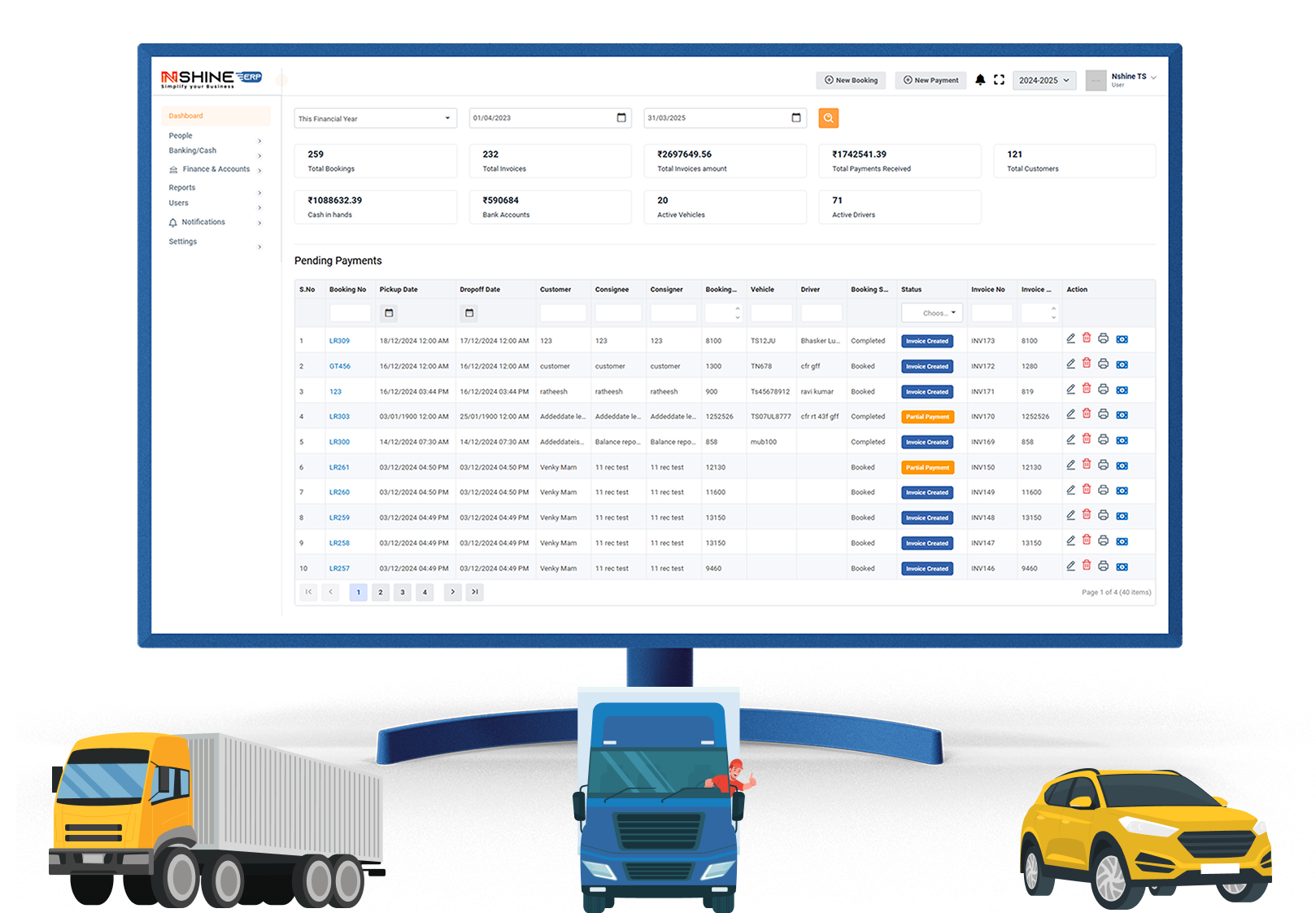The Role of ERP in Grocery Store Operations
Enterprise Resource Planning (ERP) systems have become pivotal in transforming the operations of grocery stores by introducing a higher level of efficiency and accuracy. One of the primary areas where ERP solutions make a significant impact is inventory management. Through real-time tracking of stock levels, grocery stores can maintain optimal inventory, thus minimizing the risk of overstocking or stockouts. This level of precision helps in reducing waste and ensuring that fresh products are always available for customers.
Supply chain optimization is another crucial aspect where ERP systems prove invaluable. By integrating various functions such as procurement, logistics, and warehousing, ERP solutions streamline the entire supply chain process. This integration ensures that products are ordered, shipped, and delivered in a timely manner, thereby reducing lead times and enhancing overall operational efficiency. For instance, automated reordering processes triggered by predetermined stock levels ensure that shelves are always stocked with popular items, improving customer satisfaction.
Customer Relationship Management (CRM) capabilities embedded within ERP systems also play a significant role in enhancing the shopping experience. By utilizing data analytics, grocery stores can gain insights into customer preferences and purchasing behaviors. This information allows for personalized marketing strategies, targeted promotions, and loyalty programs that cater to individual customer needs. Consequently, this personalized approach not only fosters customer loyalty but also drives sales.
Real-world examples further illustrate the tangible benefits of implementing ERP solutions in grocery stores. For instance, a regional grocery chain that adopted an ERP system saw a 20% reduction in inventory costs and a 15% increase in customer retention rates. The system’s ability to provide detailed reports and analytics enabled the management to make informed decisions, streamline operations, and offer better service to customers.
Overall, the integration of ERP systems in grocery store operations significantly enhances efficiency, reduces costs, and improves customer satisfaction. By leveraging the capabilities of ERP solutions, grocery stores can navigate the complexities of modern retail environments more effectively.
Enhancing Transport Business Efficiency with ERP Solutions
Enterprise Resource Planning (ERP) solutions have become indispensable for transport businesses aiming to enhance operational efficiency and reduce costs. One of the primary advantages of implementing an ERP system is its capacity for route optimization. By analyzing traffic patterns, delivery schedules, and fuel consumption, ERP software can plan the most efficient routes. This not only reduces fuel consumption but also minimizes delivery times, leading to cost savings and improved customer satisfaction.
Fleet management is another critical area where ERP solutions excel. These systems enable transport companies to monitor their entire fleet in real-time, ensuring that vehicles are used optimally. By providing insights into vehicle health through scheduled maintenance alerts, ERP software helps prevent breakdowns and costly repairs. This proactive approach ensures that vehicles remain in peak condition, thereby extending their lifespan and reducing operational costs.
Driver performance tracking is another significant benefit offered by ERP systems. By monitoring driving habits and compliance with safety standards, ERP software can identify areas for improvement and provide targeted training. This leads to safer driving practices and reduces the risk of accidents, further lowering insurance premiums and enhancing overall efficiency.
Compliance with industry regulations is a critical concern for transport businesses, and ERP solutions play a vital role in this area as well. These systems maintain accurate records and generate necessary reports to ensure that companies adhere to legal requirements. By automating compliance tracking, ERP software reduces the risk of non-compliance and the associated penalties.
Real-life examples illustrate the practical impact of ERP implementation in transport businesses. For instance, a logistics company that integrated an ERP system reported a 20% reduction in fuel costs and a 15% decrease in delivery times. Another transport firm saw a 25% improvement in vehicle utilization rates and a significant reduction in maintenance costs. These examples underscore the transformative potential of ERP solutions in enhancing efficiency and driving growth in the transport sector.




